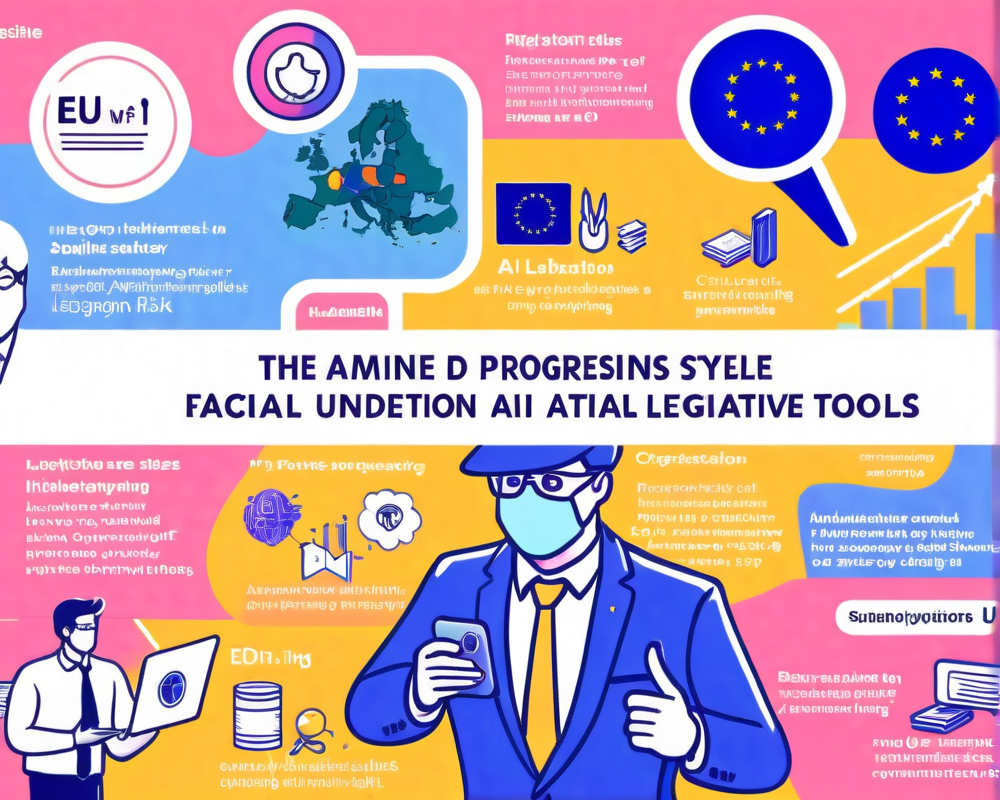Recent Developments in EU AI Legislation
The European Parliament has taken a significant step in the regulation of artificial intelligence by progressing legislation to the next stage following a critical vote by two committees. This movement indicates a robust response to the rapid growth of AI technologies in various sectors.
Key Points from the Vote
On May 11, Members of the European Parliament (MEPs) voiced their commitment to a more responsible AI landscape, which included the:
- Ban on facial recognition technologies in public areas.
- Outlawing predictive policing tools that could unfairly target individuals.
- Implementation of new transparency measures for generative AI tools.
This paints a picture of lawmakers who are not just sitting back while technology advances but rather actively steering towards a safer future.
Classification of AI Risk
The new measures stipulate that AI tools will be classified based on their risk potential, ranging from low risk to “unacceptable.” This nuanced approach is essential to ensure that innovation does not come at the expense of fundamental rights.
“AI should serve people, society, and the environment, not the other way around,” said MEP Kim van Sparrentak, highlighting the core philosophy behind the regulations.
The Legislative Journey Ahead
Having been in negotiation for two years, the AI Act is now poised to move into the next phase where details will be ironed out between the European Commission and member states. Once finalized, this legislation could mark one of the first comprehensive frameworks aiming to influence AI usage and development globally.
Global Context and Comparisons
The timing of these developments is crucial, given the increasing prevalence of AI tools worldwide. For instance, at the recent Google I/O conference, the tech giant announced new AI features set to launch across various platforms. Meanwhile, Microsoft rolled out free access to ChatGPT-4 to its users—a clear indicator of the widespread embrace of AI.
Moreover, AI is no longer relegated to the realms of science fiction. Fast food chains are now trialing AI chatbots as drive-thru operators, showcasing a practical application in the everyday life of consumers.
The Global Call for Regulation
As AI capabilities expand, lawmakers across the globe, including those in the United Kingdom, the United States, and China, are keenly observing these developments. There’s an emerging chorus advocating for comprehensive regulations to ensure the technology benefits society at large while minimizing potential risks.



